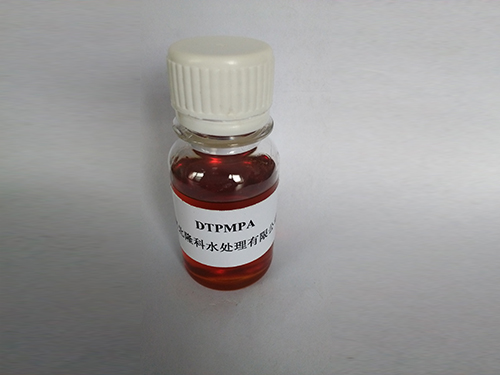Exploring the Role of PBTC Scale Inhibitors in Enhancing Industrial Water Treatment Efficiency
The Role of PBTC Scale Inhibitors in Industrial Water Treatment
In many industrial processes, water is a critical resource—be it for cooling, boiler feed, or processing. However, the presence of scale-forming minerals, particularly calcium carbonate and magnesium salts, can lead to significant challenges. These minerals can precipitate, forming hard deposits that scale on equipment surfaces, effectively reducing efficiency, increasing maintenance costs, and potentially leading to system failures. To combat these issues, the use of PBTC (Phosphonobutane-1,2,4-tricarboxylic acid) scale inhibitors has emerged as an effective solution.
PBTC is a well-known scale inhibitor that functions by interfering with the formation and adherence of mineral scales. Its unique molecular structure allows it to act chelating agents that sequester calcium and magnesium ions, thus preventing them from precipitating and forming scale. The effectiveness of PBTC is attributed to its multifunctional groups that facilitate interactions with scale-forming ions, altering their crystallization behavior in water.
The Role of PBTC Scale Inhibitors in Industrial Water Treatment
Furthermore, the use of PBTC can lead to significant cost savings. Scale-related problems often result in increased maintenance requirements and unscheduled downtimes, which can be costly for businesses. Implementing PBTC as a preventative measure can mitigate these issues, extending the lifespan of equipment and reducing the frequency of cleaning procedures. In industries where continuous operation is vital, the financial benefits can be substantial.
pbtc scale inhibitorpbtc

Another critical aspect of PBTC scale inhibitors is their environmental profile. As the industry moves towards more sustainable practices, the need for eco-friendly water treatment solutions has become paramount. PBTC has been found to be less toxic compared to traditional phosphate-based scale inhibitors, which can contribute to eutrophication in water bodies. This makes PBTC a more environmentally responsible choice for industrial water treatment.
Furthermore, studies have indicated that PBTC is effective at a wide range of pH levels and temperatures, making it versatile for various applications. Its compatibility with other treatment chemicals also allows it to be integrated seamlessly into existing water treatment programs, enhancing overall system performance without requiring major modifications.
Addressing concerns related to operational costs and environmental impact results in a growing adoption of PBTC scale inhibitors in various industries. Many companies are realizing that investing in advanced water treatment technologies, such as PBTC, results in long-term benefits that transcend immediate economic considerations.
In conclusion, as industries continue to grapple with the challenges posed by scale formation, the adoption of PBTC scale inhibitors stands out as a forward-thinking approach to water management. By ensuring efficient operations, reducing maintenance costs, and promoting environmentally sustainable practices, PBTC presents a compelling solution for modern industrial water treatment needs. As we move further into an era that prioritizes sustainability and efficiency, the importance of such innovative products cannot be overstated.
-
The Power of Isothiazolinones in Modern ApplicationsNewsMay.08,2025
-
Flocculants in Water TreatmentNewsMay.08,2025
-
Flocculants and Chemical Solutions: What You Need to KnowNewsMay.08,2025
-
Flocculants and Chemical Solutions: A Growing IndustryNewsMay.08,2025
-
Essential Chemicals: Polymaleic Anhydride and MoreNewsMay.08,2025
-
Acrylic Polymers: Essential Solutions for IndustryNewsMay.08,2025





